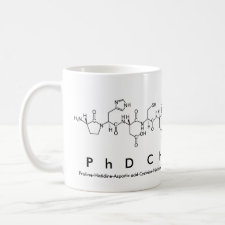
Authors: Gallego-Gallegos M, Muñoz-Olivas R, Martin-Esteban A, Cámara C
Article Title: Synthesis and evaluation of molecularly imprinted polymers for organotin compounds: a screening method for tributyltin detection in seawater.
Publication date: 2005
Journal: Analytica Chimica Acta
Volume: 531
Issue: (1)
Page numbers: 33-39.
DOI: 10.1016/j.aca.2004.09.052
Alternative URL: http://www.sciencedirect.com/science/article/B6TF4-4F1J8PY-3/2/67630d9285e92a8bada3864e04b65928
Abstract: The environmental impact of some organotin compounds (OTC) has given particulate importance to analytical studies. This paper reports the first attempt to apply the emerging molecular imprinting technology to this field. Several imprinted polymers have been synthesised by the non-covalent free radical approach using sodium methacrylate (NaMA) or 4-vinylpyridine (4-VP) as monomers in the presence of TBT as template molecule in three different polymerisation media (toluene, acetonitrile and methanol/water). The ability of the polymers synthesised to retain and distinguish TBT from its degradation products has been evaluated and optimized. The results clearly showed the presence of cavities within the polymeric matrix allowing specific recognition of TBT. Cross-reactivity from other Sn species (monobutyltin (MBT), dibutyltin (DBT) and inorganic Sn) has also been evaluated. Rapid and direct differentiation of TBT from its main degradation products in seawater was achieved. The analytical characteristics included linearity (0.05-50 μg l-1), a pre-concentration factor of 150, and a quantification limit of 0.04 μg l-1 for 1 l
Template and target information: tributyltin, TBT
Author keywords: molecular imprinting technology, Organotin compounds, Seawater analysis



Join the Society for Molecular Imprinting

New items RSS feed
Sign-up for e-mail updates:
Choose between receiving an occasional newsletter or more frequent e-mail alerts.
Click here to go to the sign-up page.
Is your name elemental or peptidic? Enter your name and find out by clicking either of the buttons below!
Other products you may like:
 MIPdatabase
MIPdatabase









